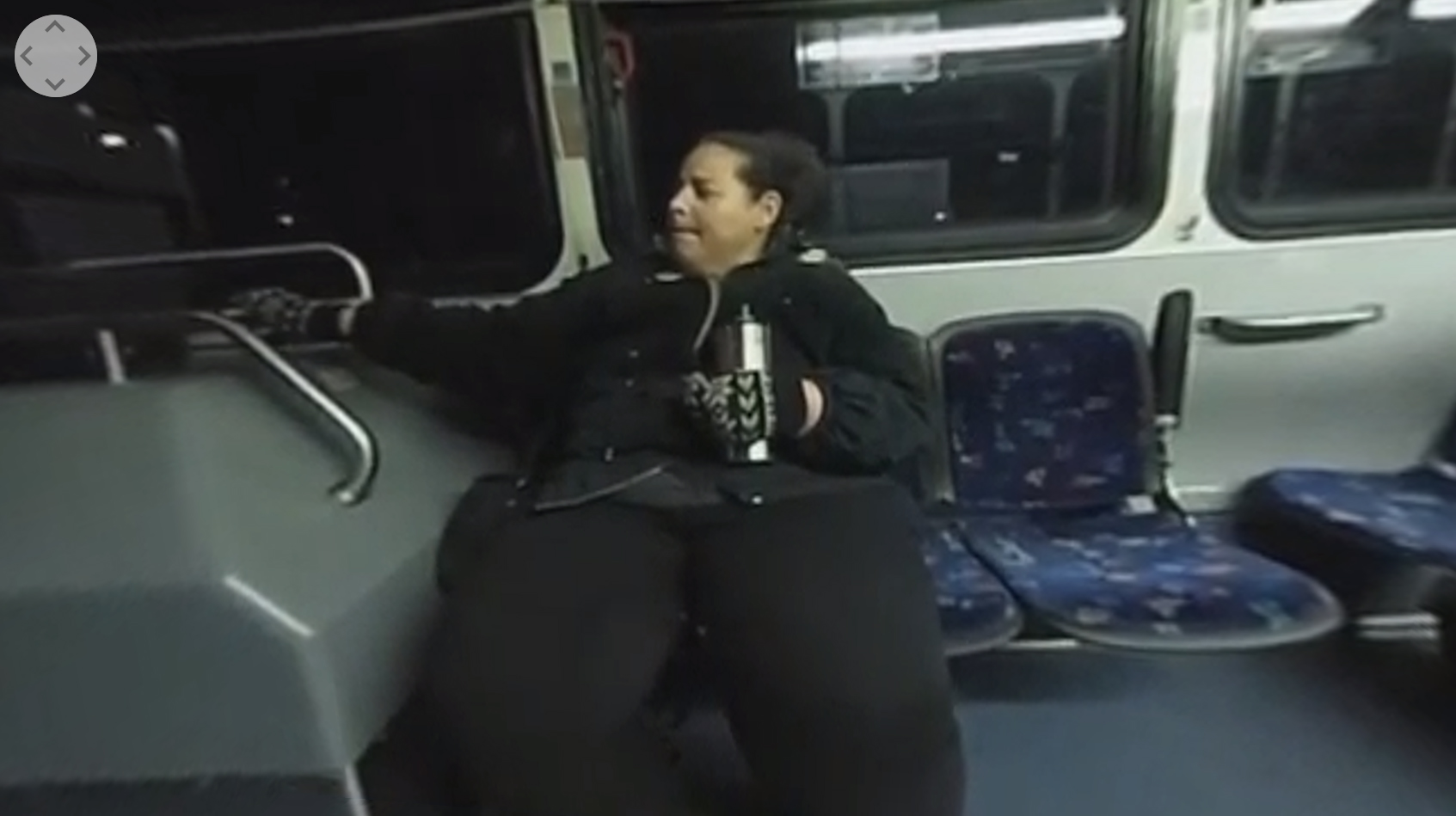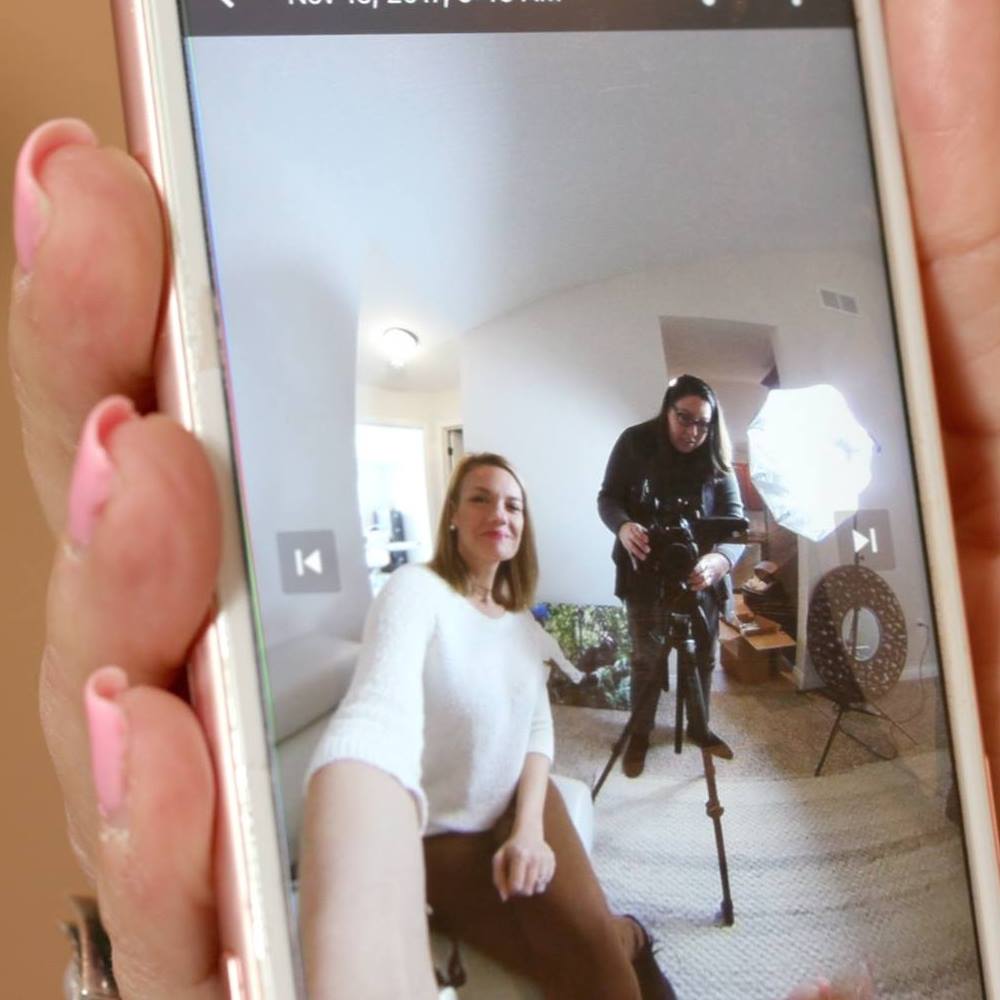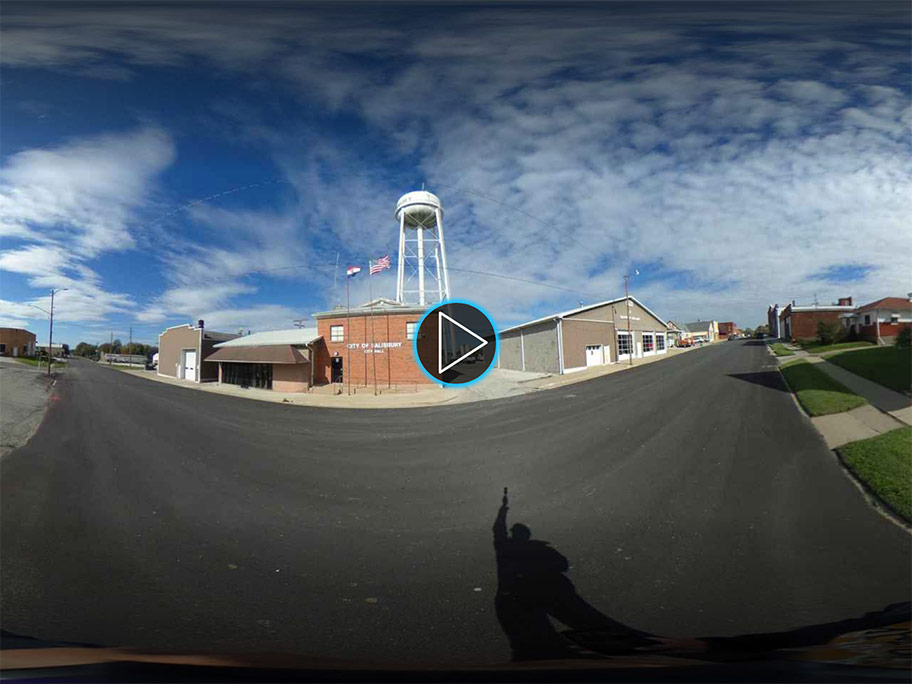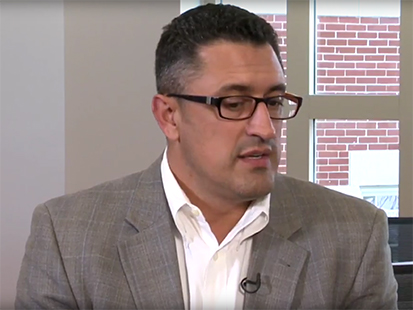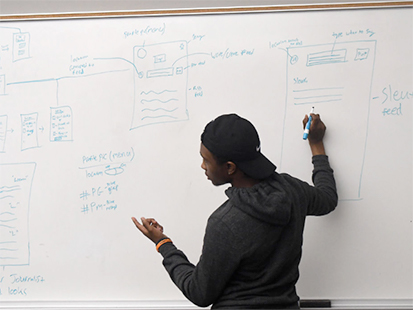
Tag: Innovation
Immersive Storytelling: Ruthy Chapman
Ruthy Chapman is a Columbia, Missouri, resident who had to adjust her commute after her city bus line was cut in 2017. Instead of catching a regular bus connection each day, she has to call in advance for a van shuttle to pick her up at her old bus stop to get her to work.
Announcing a new video series for journalists
Every newsroom is facing the ever-increasing challenge of engaging readers within a digital format. Though great journalism will always be vital, how it is presented as technology progresses has already begun to evolve. As newsrooms experiment we’re seeing everything from amazing testimonial video projects to interactive presentations that include photo, video, games and the written story — all in one online package. In … Continued
Fader brings 360-degree video and VR to small newsrooms
Editor’s note: This article is part of a continuing series written by Missouri School of Journalism students about their senior capstone projects.
RJI announces spring 2018 Student Innovation Fellows
Four Missouri School of Journalism students will bring their skills and passions to Washington, D.C., and New York City newsrooms as 2018 Reynolds Journalism Institute Student Innovation Fellows.
RJI Fellowship to develop shareable resources to combat misinformation about science
Missouri School of Journalism students are working with a New York-based radio show to reduce the misinformation about science on social media and the web. “Science Friday,” a public radio show, hopes to equip its listeners with socially shareable resources with “just the facts” from scientists, says Christian Skotte, head of digital. This project started … Continued
Part 2: What a Dallas TV station is learning with Tegna’s Verify project
We asked newsrooms and ad agencies what they are doing today that they weren’t doing a year ago. Turns out quite a lot! This RJI series highlights some of the innovations and experiments we discovered and shares what leaders are learning along the way. We call it The What’s New? Q&A.
Announcing the Fall 2018 RJI Student Innovation Fellowships
FAQ Q. What is an RJI Student Innovation Fellowship? A. The Reynolds Journalism Institute is partnering with leading news organizations to support Missouri School of Journalism students who work 30 hours per week on-site during the spring and fall semesters on new storytelling techniques, audience engagement strategies, delivery platforms, revenue opportunities and the like. Q. What … Continued
An investment pays off for RJI — and the news industry
Here at the Donald W. Reynolds Journalism Institute we’re lucky to have multiple ways to help ensure that journalism has a long and bright future, including providing seed funding and other resources to promising startup companies. We’re mainly interested in how those companies can help make journalism better, stronger and more sustainable, but we’re also … Continued
Columbia Missourian: Students tackle real-world problems at TigerHacks
Grant Sharples Editor’s note: This article was originally published by the Columbia Missourian and is shared with permission. Since Friday evening, University of Missouri student Justin Hofer and his team have been building an artificial brain designed to detect when a news headline is true or false. So far, the “brain” has a 92 percent … Continued
Video: Dean David Kurpius on the RJI Student Competition 2017
David Kurpius, dean of the Missouri School of Journalism, talks about the upcoming RJI Student Competition.
